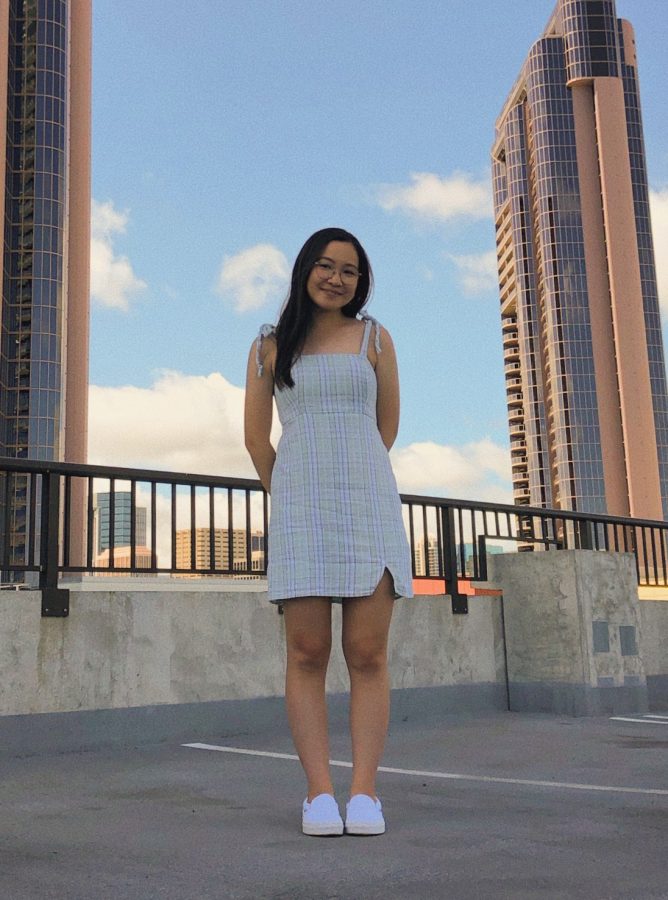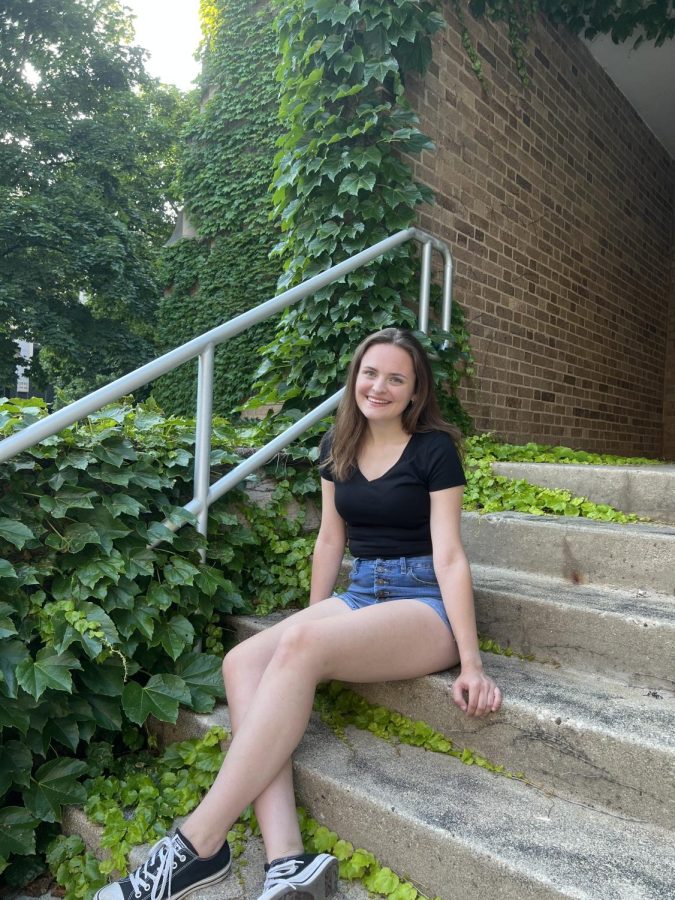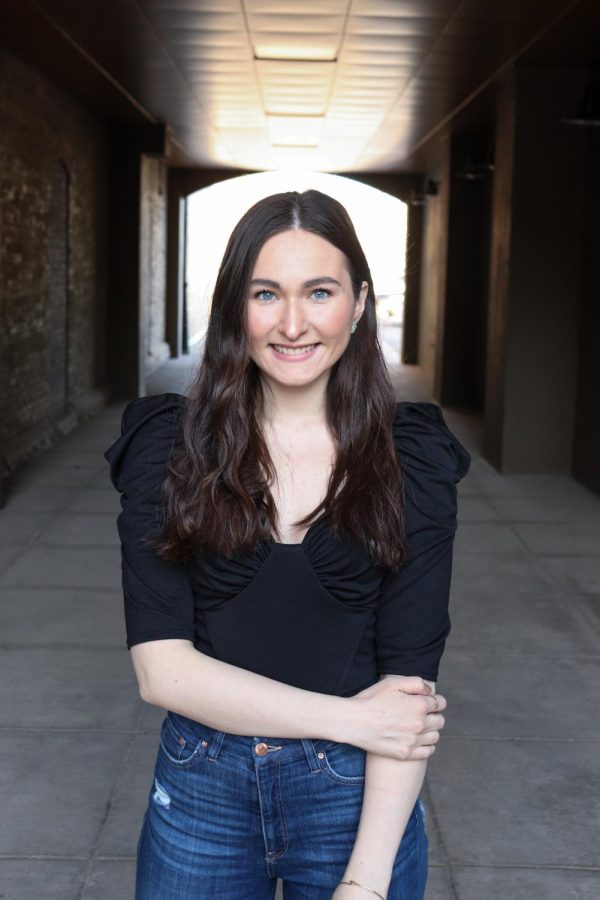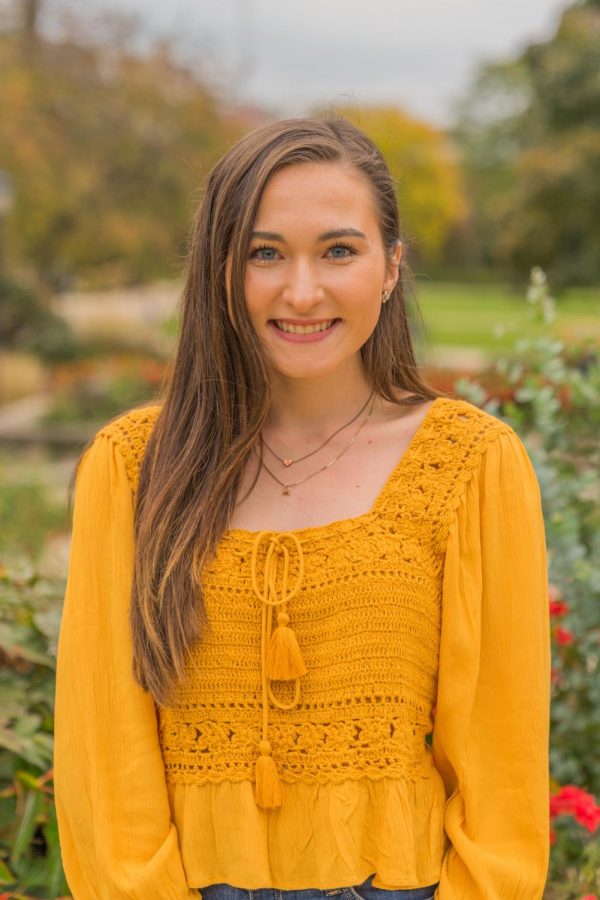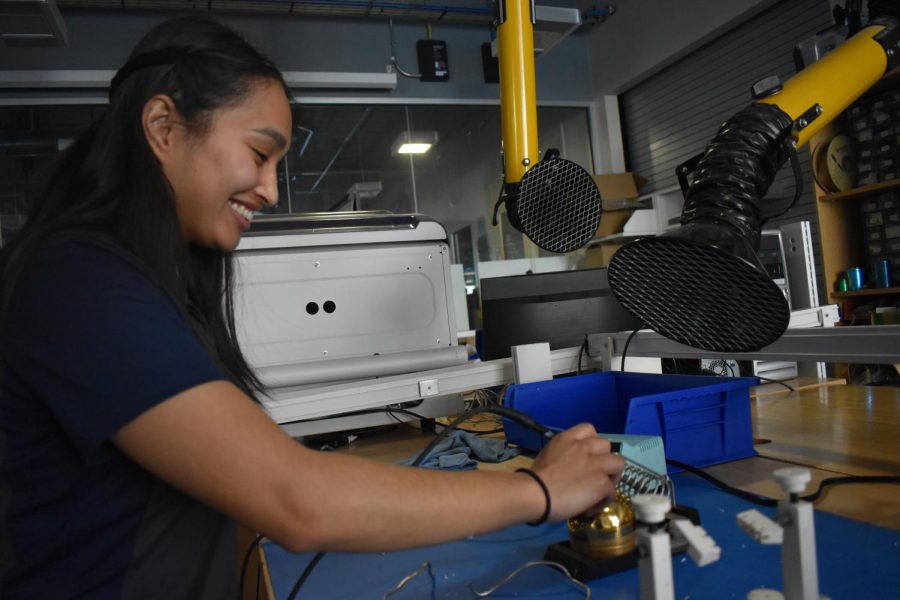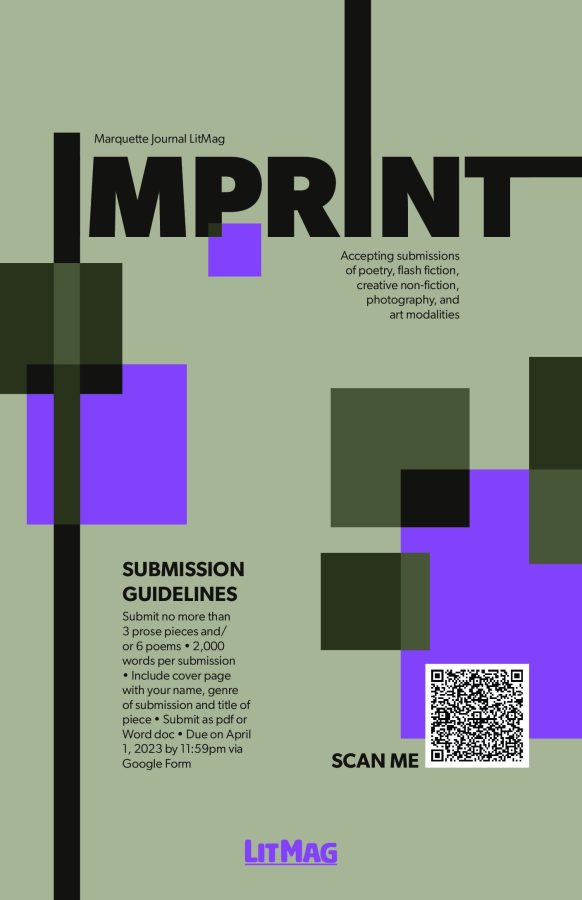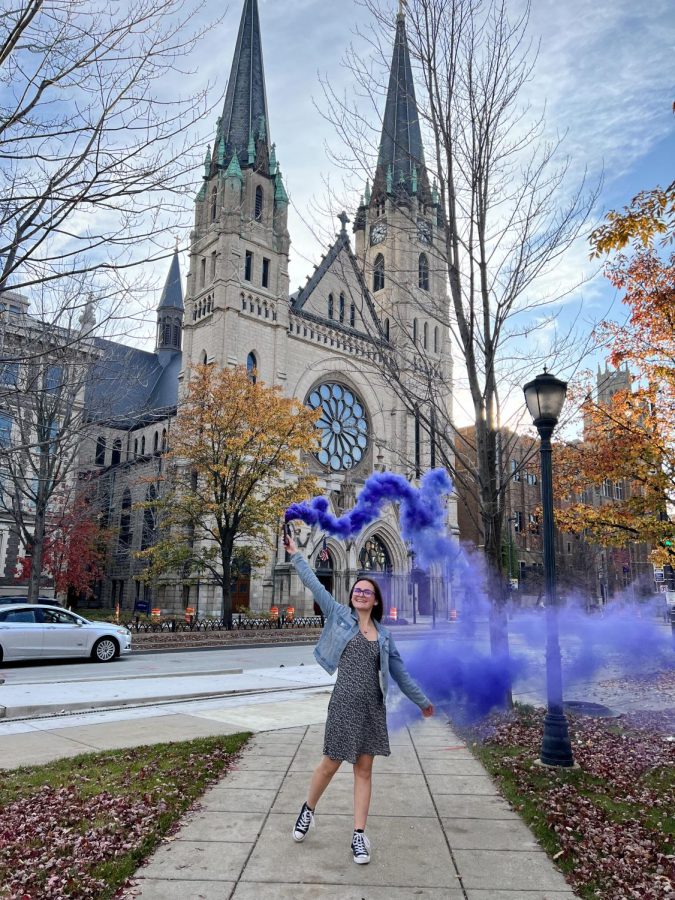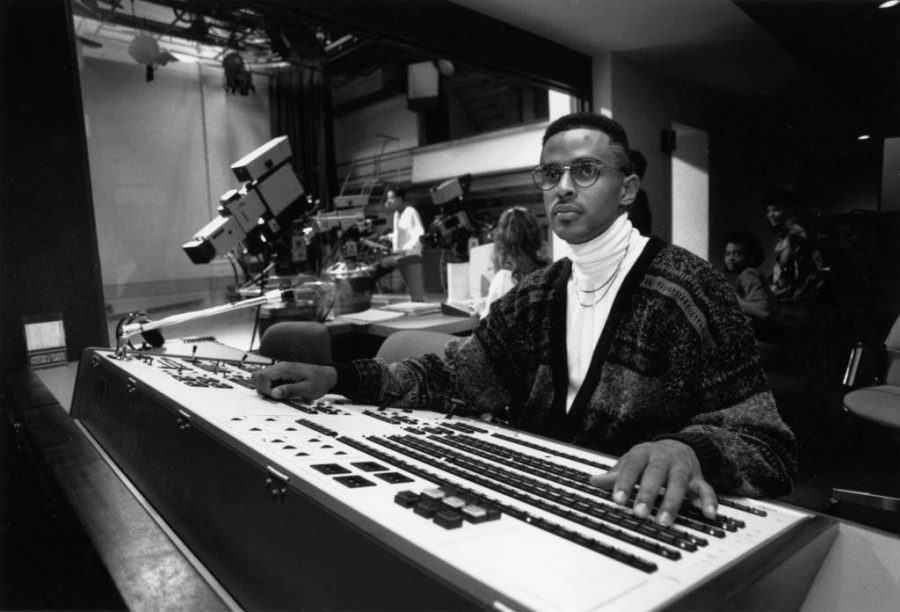Dear Readers,
We’ve all spent the better half of the past two years in isolation. But with all the extra time — and space — I had to myself, I began to realize this: There was a lot more separating us from one another than just six feet of distance. And there was also so much we shared.
Almost two years ago, as news of COVID-19, Black Lives Matter protests and various natural disasters took the front pages of nearly every newspaper across the country, I began to write my thoughts between the tiny dotted lines of my blue hardcover journal. And one day I wrote this:
“Sometimes I find myself wandering between the thin lines of everything I am, and everything society tells me I should be. I didn’t always see it (or feel it), but it was always there.”
It took a global pandemic for me to realize I didn’t quite fit into one “box” or stereotype, and that is perfectly okay.
While my experiences growing up have been uniquely Asian, they have also been uniquely American — and even a little Pacific Islander as well. I grew up celebrating holidays like the 4th of July and Thanksgiving just like thousands of other Americans in the United States. But I also grew up participating in lion dancing traditions on Chinese New Year, joking around in broken Japanese with my brothers or saying “頂きます” (let’s eat!) before a meal.
While I always had so much to be thankful for, I also experienced what it was like to move schools and leave friends for a more affordable education. And while I always loved meeting new people, I often kept to myself so that I would not feel left out.
Becoming the managing editor of the Marquette Journal has given me the opportunity to share stories that are not only similar to my own, but to also dive deeper into unique stories that are often left untold and to tackle issues that are often left unquestioned.
“Between the Lines” focuses on various topics relating to diversity and inclusion, from multicultural perspectives of attending a predominantly white institution, to women in the field of sports (or sports journalism) and questioning the ways in which we can make campus more accessible for those with physical disabilities.
We also took an inside look into the often silenced population of those suffering from food insecurity — which has only been heightened since the pandemic — and light-hearted stories of students finding ways to connect in isolation.
In an effort to put accessibility and inclusion into play in our own publication, all print stories have an audio version of the text that can be listened to online, and each video package has an option for closed captioning. We also incorporated some handwritten notes, in an attempt at bringing a more “human aspect” to the stories.
To everyone interviewed in this issue: Thank you for graciously sharing your stories, and being so open, honest and vulnerable in doing so. I know that is not always easy to do.
To the Marquette Wire staff: Just as I have been inspired by each story in this issue, I have been equally inspired — and humbled — by all of you. Thank you for being so persistent in the pursuit of excellence, and for eagerly accepting any challenge I throw at you. I had big expectations coming into this school year, and so far, you have exceeded them all.
Whether you can relate to many of these stories, or you are shocked and surprised by them, I hope this magazine helps to transcend your understanding of others, challenges you to see new perspectives and gives you the courage to embrace all parts of your story — even the parts that may not always fit in.
Sincerely,
Skyler Chun
Managing Editor of the Marquette Journal

